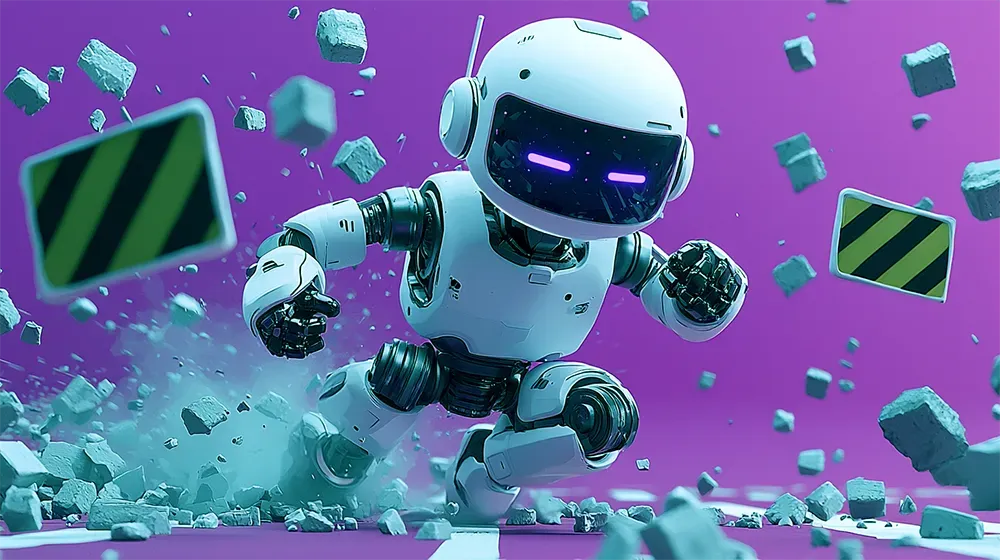AI Without a Safety Net—Brilliance or Blind Ambition?

Innovation without permission sounds exhilarating, until something irreversible happens. As AI accelerates, some advocate for a “move fast, fix later” approach. But when the stakes involve global security, misinformation, or even human agency, this progress is reckless.
The concept of permissionless innovation argues that technological progress should be unrestricted unless it causes clear harm. Advocates, like Reid Hoffman, see it as essential for breakthroughs.
I believe that it can also result in catastrophic unintended consequences. AI, with its exponential capabilities and opaque risks, is a prime test case:
- Unchecked AI development could lead to systemic risks, from misinformation to economic disruption.
- The “fix later” mindset is flawed. Ssome mistakes, like bias in autonomous decision-making, may be irreversible.
- History proves tech moves faster than regulation, but should AI be given the same free rein?
The tension between innovation and responsibility is real. AI has the power to transform or destabilize societies, and once released, there’s no rewinding. Should we trust tech leaders to self-regulate, or do we need clearer global guardrails?
Read the full article on The Future of Being Human.
----
💡 We're entering a world where intelligence is synthetic, reality is augmented, and the rules are being rewritten in front of our eyes.
Staying up-to-date in a fast-changing world is vital. That is why I have launched Futurwise; a personalized AI platform that transforms information chaos into strategic clarity. With one click, users can bookmark and summarize any article, report, or video in seconds, tailored to their tone, interests, and language. Visit Futurwise.com to get started for free!






